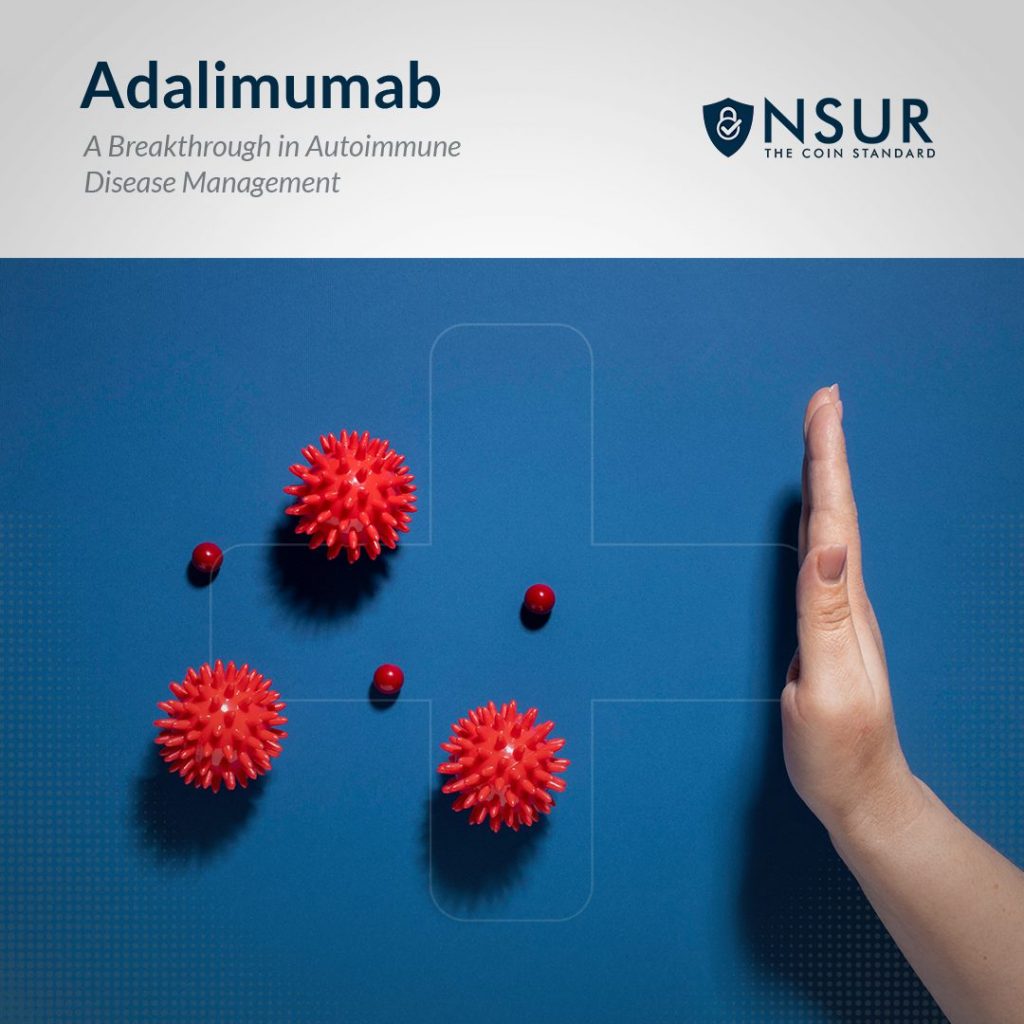
The global impact of the pandemic over the past few years has highlighted the crucial importance of a robust healthcare system. Despite having advanced and highly developed healthcare systems many countries have still faced significant loss of life. Given the differences and satisfaction with healthcare systems around the world one thing is certain no one is completely satisfied with their own system. Economic performance, historical possibilities, and adapting novel healthcare technologies, for example, play an important role in shaping these opinions. Although as history has demonstrated it is possible to significantly optimize a country’s healthcare system in a short period of time by focusing efforts and pursuing the right goals.
The question is, can we build the perfect healthcare system by combining the best practices from around the world? Exploring numerous successful models from various sectors of healthcare can lead to the development of an optimal, unified system.
In this article, we will walk you through the world’s most advanced and successful healthcare systems.
CANADA
The Canadian Medical Association (CMA) is regarded as a pioneer in the digital health era. This is due to a variety of factors, including its free membership, emphasis on future professional challenges, and the formation of a virtual care task force in collaboration with other professional bodies. Medical associations play an important role in educating healthcare professionals about the latest technological advancements in digital health and facilitating their implementation. They also develop a long-term vision for healthcare’s future and work to overcome any obstacles to reaching that goal. The CMA’s Virtual Care Task Force, which was established in 2019, focuses on critical issues such as interoperability and governance, licensure and quality of care, payment models and medical education. This thorough, standardized and forward-looking approach is imperative for the future of healthcare.
DENMARK
Denmark is the third happiest and one of the wealthiest countries in the world. It is a notable frontrunner for its digital health infrastructure which is considered as world class. All Danish citizens are entitled to enjoy universal, equal and free healthcare high quality services. Individuals can access their electronic health records maintained by hospitals, municipalities, and general practitioners. On a national level the Danish Health Data Authority securely stores, monitors, and analyzes aggregate population data.
All citizens under health insurance Group One have equal access to treatment diagnosis and hospital choice. Healthcare services offered under this group include primary and preventive care specialist care hospital care mental healthcare long term care and children’s dental services.
Denmark boasts a top-notch digital health infrastructure with high trust and IT security. The use of digital technology enhances various aspects of healthcare including research treatment and management. However, it also raises concerns about access to personal health records and public health literacy analysis. Despite the challenges Denmark’s healthcare system is equipped with financial stability and advanced technology to address these challenges and maintain quality healthcare services for its citizens.
ESTONIA
Estonia has been working towards building a digital health system for the past 20 years and is soon to reap the benefits of its transparent, blockchain based-system that incorporates genetic data. With blockchain technology, Estonia allows its citizens to access their clinical records with transparency and clarity. In Estonia, the e-Health record uses a blockchain-based electronic ID card to protect data from internal threats and ensure its integrity. It is easy to detect forged health data with blockchain technology, and potentially harmful events can be avoided.
The country identified two emerging trends in the 1990s – IT and genetics – and has made efforts to excel in these areas. Over the past 20 years Estonian healthcare and public health administration have undergone a significant transformation. To establish a trustworthy, safe, and efficient healthcare system, various factors needed to be put in place, including a focus on personalized, preventive medicine based on DNA analysis.
In 2008, the national Electronic Health Record (EHR) was launched, followed by digital prescriptions in 2010 and e-consultations two years later. In 2015, e-ambulances were introduced and a drug interaction decision support system was launched in 2017. The Estonian eHealth vision 2025 states that their goal is to collect high-quality data in a secure and transparent manner to better inform and improve health outcomes in a highly personalized way.
ISRAEL
Israel is harnessing the power of the startups and building a strong healthcare system. It is renowned as one of the world’s most innovative economies, and its digital healthcare sector is no exception. In order to create a dynamic, efficient, and user-friendly healthcare system, a thriving startup culture and an abundance of creativity are essential. The innovative spirit in Israel makes it a leader in the healthcare arena.
Israel has managed to create a healthcare system that excels in several key areas. One of the most significant factors is the preservation and utilization of electronic medical records for almost 30 years and almost all of it has been digitized. This has greatly streamlined the medical record keeping process and has improved the overall efficiency of the healthcare system. In addition to this, it has a thriving startup culture with plenty of funding options. This has given rise to numerous innovative solutions within the healthcare sector. Finally, the country has a strong digital health innovation infrastructure that is closely linked to hospitals making it the leader in the number of hospital-sponsored innovation centers or healthcare integrators per capita. The Israeli government is taking extensive steps to support digital health, diagnostics, decision support, and digital therapeutics as the next source of economic development. All these elements combined make a powerful healthcare system that sets a high standard for the rest of the world.
GERMANY
The use of digital health solutions is on the rise in healthcare, but their integration into state run healthcare systems to benefit the entire population is challenging. Germany, a world leader in medical technology development, is known for its excellent medical care which is available to all residents through compulsory health insurance plans provided by non-profit public insurers known as “sickness funds”.
The DiGA system in Germany provides a promising solution to this integration challenge with clear, and transparent certification guidelines, preliminary approval for smaller companies to conduct clinical trials and gather evidence, a central reimbursement model negotiated with the umbrella organization of German statutory health insurers, and a user-friendly central registry for patients and doctors equally.
SOUTH KOREA
The COVID-19 pandemic has forced hospitals to digitize their systems. Consequently, there is now an urgent need for improved network access to facilitate remote care solutions, hospital IoT deployments, telehealth consultations, and the use of robotic systems. 5G networks have emerged as a solution to this problem offering hospitals access to cutting-edge solutions like AI-enabled diagnostics, real-time HD video analysis of surgeries, and the deployment of robots on a large scale.
South Korea is leading the way in this healthcare revolution taking advantage of its high population density to construct strong networks that support these technologies. Healthcare organizations are heavily investing in Health Information technologies (HIT). Almost all small and big hospitals are already using EMR systems. The Korean government plans to develop smart medical infrastructure by creating 18 smart hospitals by 2025.
UNITED KINGDOM
The United Kingdom’s NHS has been piloting virtual wards for several clinical segments. Health monitoring technologies enable virtual wards to provide patients with acute care, remote monitoring, and treatment in their homes instead of hospitals. This two-way communication allows patients to contact the health team immediately, and real-time data allows healthcare providers to intervene if measurements suggest a deterioration in the patient’s condition. The idea of allowing certain patients to heal at home is not new, and virtual wards provide a solution for patients who do not need hospitalization but only require monitoring.
USA
The United States healthcare system faces significant challenges, including high costs, and inequitable access to quality care. However, the regulatory framework provided by the US Food and Drug administration (FDA) is considered the best. The FDA has achieved numerous milestones, such as being the first to establish a Patient Advisory Board and regulating artificial intelligence algorithms in healthcare. The agency’s success is attributed to its ability to adapt to changing technological and cultural landscapes by updating regulations.
Companies seeking to market medical hardware or software in the US must submit their products to the FDA for evaluation. A.I.- based algorithms must meet specific criteria to gain clearance at one of three levels which are 510(k), premarket approval (PMA), and the de novo pathway. The clearance levels are based on safety and effectiveness, with PMAs issued for class III medical devices.
Several analyses of FDA-approved algorithms provide insight into the agency’s evaluation process, though some approved solutions lack algorithm documentation. The FDA’s regulatory framework continues to be the best available.
There are several countries around the world that offer top quality medical care using different approaches. France, Italy, Spain, Singapore, Austria, Oman, Japan and several others are considered to be among the most advanced countries in the field of medicine and offer some of the best healthcare services worldwide. It’s worth noting that this list is not exhaustive and there are likely other countries providing exceptional medical care.
Conclusion
This article examines the diverse strategies that various countries are utilizing to enhance healthcare within the digital health sector. For instance, Canada’s Medical Association and Denmark’s emphasis on e-patient policies are some of the unique approaches being used. In contrast, Estonia prioritizes long-term thinking and patient inclusion, while Israel excels in business incubation in the digital health industry. Germany has a streamlined process for certifying digital health applications, and South Korea has implemented a robust health IT infrastructure that offers hospitals access to cutting-edge technologies. The regulatory authority for the digital health sector is based in the USA, and the United Kingdom has introduced virtual wards.
Many countries have long been searching for the ideal healthcare system with the advancement of technology. However, it is increasingly believed that this vision for the future of healthcare can be attained. The ideal healthcare system would include the latest technological advancements, prioritize patient well-being and needs, and provide high-quality, accessible care to all. This system would be both cost-effective and efficient, promote preventative medicine and personalized treatment. By embracing innovation and working collaboratively, the ideal healthcare system can become a reality.











